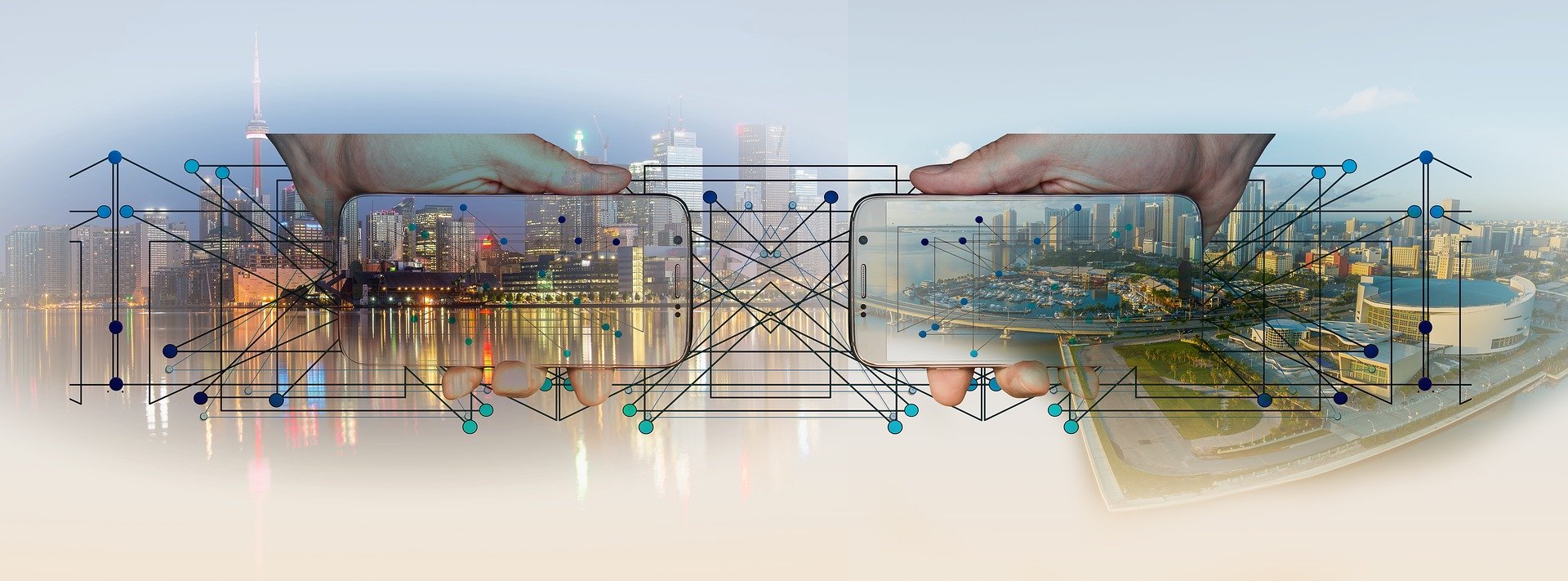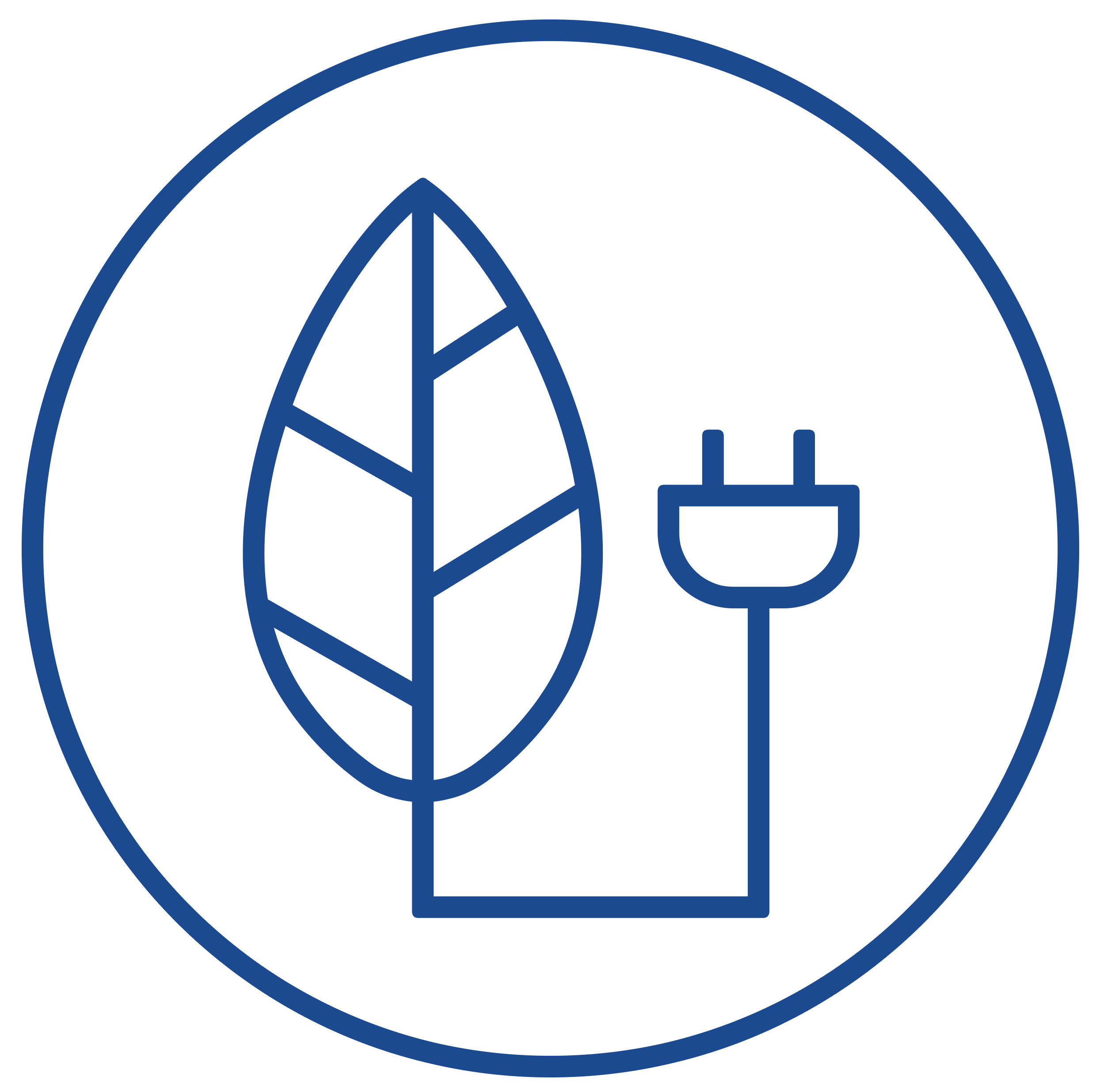Start - Research topics

Climate and environmental protection, modern energy
Power generation sector is the crucial industry shaping the socio-economic system. Protection of the environment and mitigating climate change are priorities for moving towards sustainable growth. In this respect, the Silesian University of Technology is active in a number research fields, where the main sub areas are:
POB6.1 Climate and environmental changes and reduction of air pollution
POB6.2 Water and wastewater management and environmental biotechnology
POB6.3 Circular economy
POB6.4 Renewable and alternative energy sources and prosumer energy
POB6.5 Innovative technologies and sustainable development
POB6.6 Education for sustainable development and shaping environmental awareness
POB6.7 Problems of degradation and revitalization of areas
POB6.8 Sustainable development of energy consumption
POB6.9 Energy storage and hydrogen energy
POB6.10 Shaping the internal environment and intelligent buildings
POB6.11 Nuclear energy
Energy sector is a dominant factor influencing global climate changes with significant impact on pollution of air, water, and soil.
Coordinator of the 6th Priority Research Area
Prof. Marcin Lutyński
E-mail: POB6@polsl.pl Marcin.Lutynski@polsl.pl
Ph.: +48 32 237 2487, +48 32 237 1314
Sub-area coordinators:
POB6.1 Climate and environmental changes and reduction of air pollution
Prof. Natalia Piotrowska RIF, PhD Krzysztof Tomiczek RG
Natalia.Piotrowska@polsl.pl
Ph.: +48 32 2372254
Krzysztof.Tomiczek@polsl.pl
Ph.: +48 32 237 2169, +48 737 994 564, +48 579 912 344
Skype: km.tomiczek@outlook.com
POB6.2 Water and wastewater management and environmental biotechnology
Prof. Gabriela Kamińska RIE, PhD Sebastian Żabczyński
Gabriela.Kaminska@polsl.pl
Ph.: +48 32 237 2777
Sebastian.Zabczynski@polsl.pl
Ph.: +48 32 237 2949
POB6.3 Circular economy
Prof. Marcin Górski RB, Prof. Tomasz Suponik RG
Marcin.Gorski@polsl.pl
Ph.: +48 32 237 22 62
Tomasz.Suponik@polsl.pl
Ph.: +48 32 237 1890
POB6.4 Renewable and alternative energy sources and prosumer energy
PhD Marek Szindler RMT, PhD Marcin Fice RE
Marek.Szindler@polsl.pl
Ph.: +48 32 237 2936
Marcin.Fice@polsl.pl
Ph.: +48 32 237 1258
POB6.5 Innovative technologies and sustainable development
Prof. Dariusz Choiński RAU, PhD Marcin Szczygieł RE
Dariusz.Choinski@polsl.pl
Ph.: +48 32 237 1961
Marcin.Szczygiel@polsl.pl
Ph.: +48 32 237 2708
POB6.6 Education for sustainable development and shaping environmental awareness
Prof. Aleksandra Kuzior ROZ
Aleksandra.Kuzior@polsl.pl
Ph.: +48 32 277 7322
POB6.7 Problems of degradation and revitalization of areas
Prof. Hanna Barchańska RCh, Prof. Krzysztof Rostański RAr
Hanna.Barchanska@polsl.pl
Ph.: +48 32 237 1027
Krzysztof.Rostanski@polsl.pl
Ph.: +48 32 237 2441
POB6.8 Sustainable development of energy consumption
Prof. Marcin Szega
PhD Andrzej Sachajdak
Marcin.Szega@polsl.pl
Ph.: +48 32 237 2046
Andrzej.Sachajdak@polsl.pl
Ph.: +48 32 237 2989
POB6.9 Energy storage and hydrogen energy
Prof. Marcin Lutyński RG, Prof. Łukasz Bartela RIE
Marcin.Lutynski@polsl.pl
Ph.: +48 32 237 2487
Lukasz.Bartela@polsl.pl
Ph.: +48 32 237 2492
POB6.10 Shaping the internal environment and intelligent buildings
Prof. Joanna Ferdyn-Grygierek RIE, Prof. Artur Nowoświat RB
Joanna.Ferdyn-Grygierek@polsl.pl
Ph.: +48 32 237 2912
Artur.Nowoswiat@polsl.pl
Ph.: +48 32 237 1762
POB6.11 Nuclear energy
Dr. Tomasz Bury, RIE6, Tomasz.Bury@polsl.pl
Ph.: +48 32 237 2416
A statistical person spends about 90% of the day in closed rooms, therefore shaping the indoor environment in buildings is of key importance. Thermal, acoustic and visual comfort, user safety, protection against noise and energy consumption by heating, ventilation and air conditioning systems are the main issues considered in this research field. Research into control devices, energy recovery devices and automatic systems allowing for optimal control of heat, comfort and climate in buildings is of great importance. Part of the research is carried out in cooperation with foreign universities, e.g. the task of developing a method for the assessment of occupants’ exposure to CO2 is carried out with the Technical University of Denmark included in the 151-200 rank place on the Academic Ranking of World Universities 2020 list.
In order to effectively protect the natural environment and counteract the progressive human pressure, in addition to research and cooperation with the socio-economic environment, educational activities are also necessary. Due to the deteriorating environmental parameters, climate warming, water, soil and air pollution, education for sustainable development and shaping ecological awareness of all social groups becomes an important element of the university's impact on the environment, implemented as part of the third mission. Educational projects, seminars and workshops conducted by the university are addressed to various groups, ranging from primary and secondary school students to entrepreneurs, representatives of local government units, professionally active groups and seniors. The range of possible support tools in shaping responsible human behavior in the environment is very wide. It should be noted, however, that this is a long-term process that requires a holistic approach and activation of the activities of civil society, therefore the transfer of knowledge to the society and broad cooperation of universities with the environment are also important. The SUT already has enormously contributed to various aspects of the transformation of the energy system.









